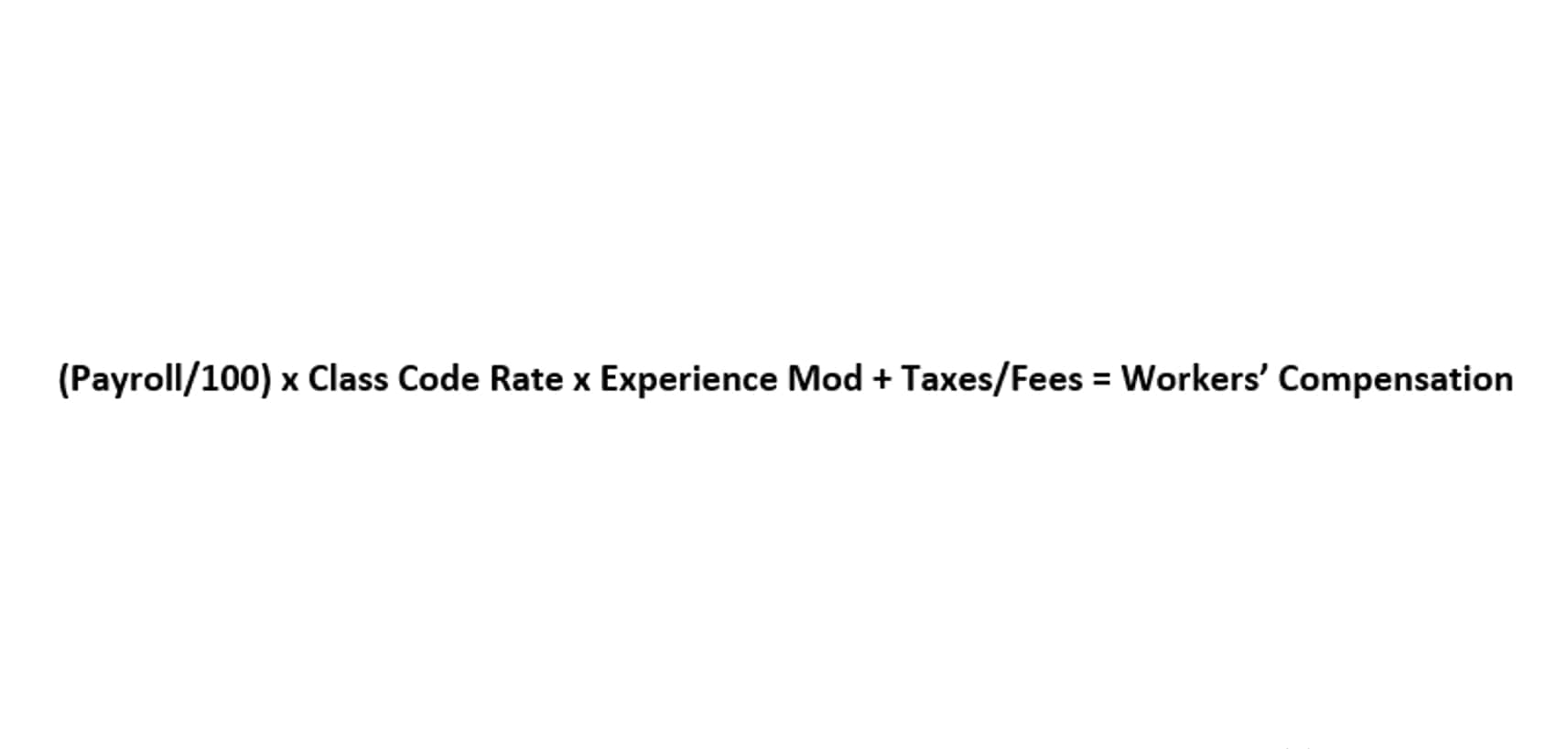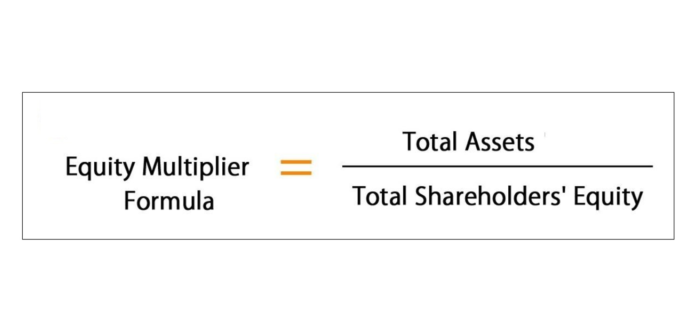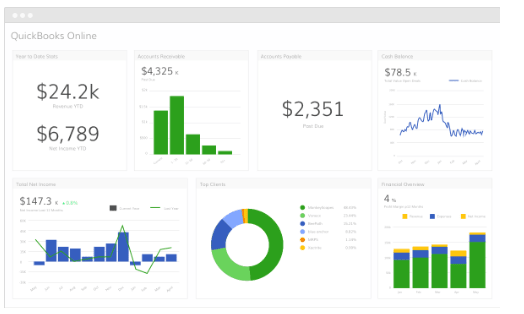Consolidation is also defined as a set of financial statements that presents a parent and a subsidiary company as one company. Equity consolidation is an accounting method used if the investor does not have full control over the subsidiary. For an investor to significantly influence the company, they should own between 20-50% of the shares. Likewise, in scenarios where the investor controls less than 20% of shares and is significant, one uses equity consolidation. For this purpose, intra-group transactions must be eliminated from the results if, for example, intercompany transactions have taken place between two affiliated companies.
Definition of Consolidated Accounts
Consolidated data on a range of KPIs plays a crucial role in ensuring important business decisions are based on evidence rather than gut feel or guesswork. It gives leadership teams a detailed view of, for example, the best and worst-performing business units or products, and can help them to identify risks and opportunities. If a public company wants to change from consolidated to unconsolidated, it may need to how is sales tax calculated file a change request.
Consolidated Accounting
The consolidation method of accounting is the standard approach used to consolidate financial statements. Under this method, the assets, liabilities, equity, revenue, and expenses of the parent company and its subsidiaries are combined as if they were a single entity. The key principle behind the consolidation method is to eliminate intercompany transactions, investments, and balances to avoid double counting. A parent company and its subsidiaries generally use the same financial accounting framework for preparing both separate and consolidated financial statements. While the consolidation process can be complex and time-consuming, it plays a vital role in decision-making and stakeholder reporting.
Untangling the intricacies of group financial management
Consolidation can refer to using a single loan to pay off multiple consumer debts. It is also used in technical analysis to describe a stock’s price movement within a well-defined pattern of trading levels. Consolidation is generally regarded as a period of indecision, which ends when the price of the asset moves above or below the prices in the trading pattern. The consolidation pattern in price movements is broken upon a major news release that materially affects a security’s performance or the triggering of a succession of limit orders.
By understanding and implementing consolidation accounting, companies can present consolidated financial statements that reflect the true financial position and performance of the entire group. Consolidation in accounting refers to the process of combining the financial statements of a parent company and its subsidiary entities. When a company owns a controlling interest in another entity, usually more than 50 percent, it is required to consolidate the financial information of both entities. This ensures that the financial statements present a holistic view of the group’s financial position, performance, and cashflows. Consolidated accounts refer to the combined financial statements of a parent company and its subsidiaries. This comprehensive overview presents the financial position and results of operations of a group as if it were a single economic entity.
- In the full consolidation method, the parent balance sheet records the subsidiary assets, liabilities, and equity.
- In addition, it has a better overview of its debts because it only has to repay one loan and not several.
- It involves combining the financial statements of the parent company and its subsidiaries to present a comprehensive picture of the entire group’s financial performance.
- For instance, if a company owns less than 20% of another company’s stock, it will usually use the cost method of financial reporting.
- While the consolidation process can be complex and time-consuming, it plays a vital role in decision-making and stakeholder reporting.
This annual decision is usually influenced by the tax advantages a company may obtain from filing a consolidated statement compared to filing an unconsolidated statement for a tax year. Public companies usually choose to create consolidated or unconsolidated financial statements for a longer period. Consolidated financial statements are financial statements that present the assets, liabilities, equity, income, expenses and cash flows of a parent and its subsidiaries as those of a single economic entity. To streamline the consolidation process and ensure accuracy, many companies utilize financial consolidation software.
What Are the Requirements for Consolidated Financial Statements?
- Public companies usually choose to create consolidated or unconsolidated financial statements for a longer period.
- This complexity underscores the importance of having skilled professionals and robust systems in place to manage the consolidation process efficiently.
- A combined statement with the financial data of both the parent and subsidiary companies is created.
- Consolidated financial statements give a high-level overview of the company’s financial performance.
- The consolidation is important for a group to present its group-wide financial situation in a transparent manner.
- These statements include the balance sheet, income statement, statement of cash flows, and statement of changes in equity.
- In this case, let us calculate the consolidated revenue for the year 31st Dec 20XX.
KnowledgeBrief helps companies and individuals to get ahead and stay ahead in business. If a company belongs to a group, it is also possible for the group to give the company a loan. This has the advantage that more favourable conditions can be agreed, e.g. a lower interest rate.
Consolidated Accounting Definition
- Firstly, they provide a holistic view of a corporate group’s financial health, making it easier for investors to assess the group’s performance, assets, and liabilities.
- Consolidation accounting is a must-have practice for companies with subsidiary entities.
- IFRS 12 Disclosure of Interests in Other Entities, also issued in May 2011, replaced the disclosure requirements in IAS 27.
- Consolidation accounting is the combining of financial reports of subsidiary companies with that of their parent company.
- The final financial reporting statements remain the same in the balance sheet, income statement, and cash flow statement.
Consolidation also refers to the union of smaller companies into larger companies through mergers and acquisitions (M&A). A combined statement with the consolidated account meaning financial data of both the parent and subsidiary companies is created. The subsidiary’s revenue, liabilities, profits, losses, etc., are consolidated with the parent’s.
David is comprehensively experienced in many facets of financial and legal research and publishing. As an Investopedia fact checker since 2020, he has validated over 1,100 articles on a wide range of financial and investment topics. Within the consumer market, consolidation includes using a single loan to Cash Flow Management for Small Businesses pay off all of the debts that are part of the consolidation. This transfers the debt owed from multiple creditors, allowing the consumer to have a single point of payment to pay down the total.





